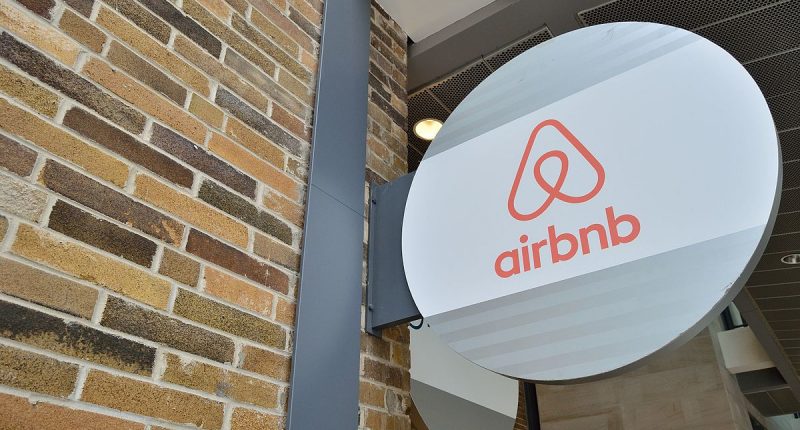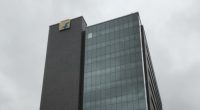The home and hotel rental platform, Airbnb has at last filed for an IPO today. The company was expected to file it last week, but Airbnb reportedly delayed the filing in an attempt to distance itself from the 2020 U.S Presidential elections. The published financial details in the S-1 filing give us an insight into how the company was hit by the pandemic and how it recovered itself from the fall.
The company’s plan to make the IPO registration public was reported during the first week of Nov. The long-awaited filing comes after several delays this year and during the time of uncertainty brought by the COVID-19 pandemic. The American company confidentially filed for IPO paperwork back in August, and was expected to go public much earlier this year but it was delayed due to the effects of the pandemic on the company.
Airbnb has had a turbulent year much like any other company which took a hit due to the profound changes and consequences brought by the COVID-19 pandemic. The company faced troubles towards the end of the first quarter and the beginning of the second. The severe drop in bookings resulted in Airbnb laying off 25% of its workforce to secure itself and refocus on what’s important. Unlike many companies, Airbnb was able to pull itself back from the plunge in the third quarter.
Now that the S-1 filing is finally here, investors and analysts will get a closer look at the ups and downs which the company experienced. The filing shows that the company’s revenue significantly dropped from $3.7 billion in 2019 to $2.5 billion in 2020, which is almost the same as its reported revenue in 2017. The total costs and expenses also dropped from $3.87 billion in 2019 to $3 billion this year.
The overall financial numbers do not show recovery, because the actual numbers lie in the quarterly results. Airbnb’s revenue of Q1 2020 was $841 million, which was down from $1.1 billion Q4 2019. The second quarter of this year shows how badly the company was hit by the pandemic, as it’s revenue was lesser than half of Q1’s revenue at $334 million. The downfall though, ended here, and the company made an impressive and surprising recovery in Q3 with $1.3 billion in revenue which is higher than its revenue in Q4 2019. Q3 2020 was also the first profitable quarter for the company this year.
A quick look at the published monthly booking numbers show that the bookings went down in March and were lowest in April, but started recovering from May still with a (69)% YoY loss in gross booking value. July, August and September saw the highest recovery, though still lower in YoY change.
Airbnb’s filing comes soon after DoorDash and C3.ai filed to go public. It is believed that Airbnb can potentially be valued at $30 billion or more in IPO, but that entirely depends on how the published numbers and possible risks are perceived.





